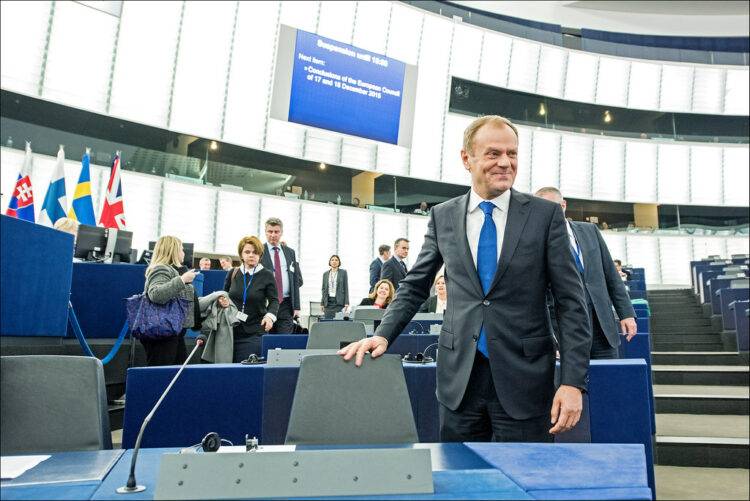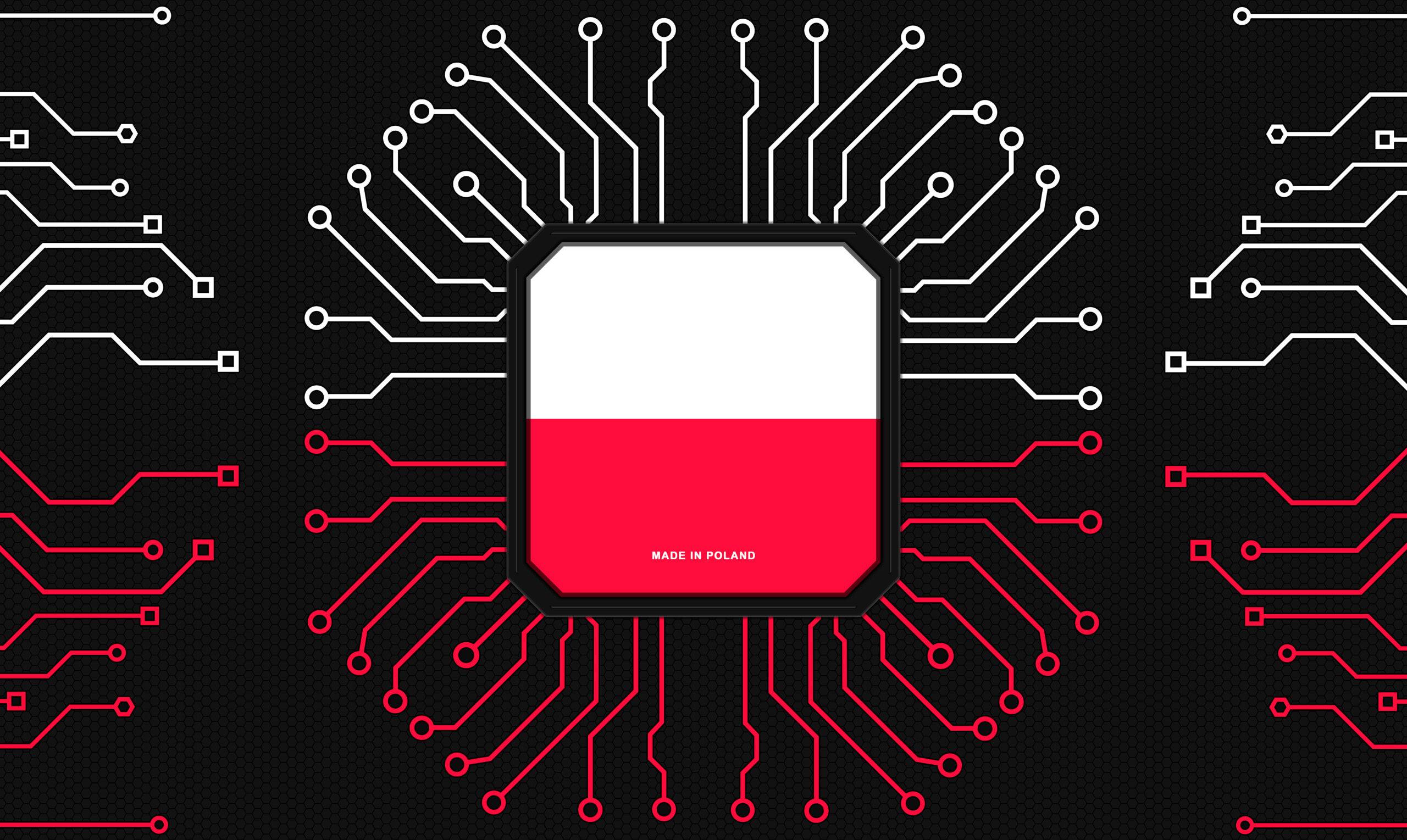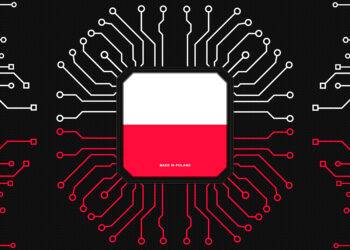Once hailed as a savior of Polish democracy, Donald Tusk, leader of the Civic Platform party, is now facing criticism for his evolving stance toward the European Union. According to the German newspaper Sueddeutsche Zeitung, Tusk has shifted from being a pro-EU figure to adopting a more confrontational tone in his recent statements and political actions. The change was noted during a European Commission summit on Thursday, where Tusk reportedly delivered comments that contrasted with his previously cooperative image.
- More News from Poland on our Homepage.
- Sign up to our Newsletter
“Tusk provokes the EU,” read the Sueddeutsche Zeitung headline, emphasizing the contrast between the Tusk of today and the leader who once served as President of the European Council. The German publication highlighted that his rhetoric has grown more critical of EU policies, aligning with his focus on domestic political battles ahead of Poland’s upcoming elections.
Tusk’s New Approach Draws Attention in Brussels
At the summit, Tusk’s comments reportedly raised eyebrows, particularly among EU officials accustomed to his historically pro-European stance. The meeting, attended by key European leaders, provided Tusk with a platform to address current tensions between Poland and the European Union. In particular, he took a strong position on issues relating to sovereignty and national interest, themes that have become more prominent in his political messaging.
This shift in tone may be seen as part of a larger political strategy as Tusk prepares for next year’s general elections in Poland. His main rival, the ruling Law and Justice party (PiS), has built its platform on a narrative of defending Polish sovereignty from Brussels’ influence. Some observers believe that Tusk is recalibrating his message to avoid being painted as overly pro-European, a label that PiS has used against him in the past.
The Sueddeutsche Zeitung article also noted that Tusk’s recent remarks could be a calculated effort to appeal to more nationalist voters, who have become increasingly influential in Polish politics. This change could help him regain ground against PiS, which has led in opinion polls but faces its own internal challenges.
Political Battle on Multiple Fronts
Tusk’s repositioning also comes at a time when Poland’s relationship with the EU is particularly strained. The previous Polish government, under the Law and Justice (Pis) has clashed with Brussels over a range of issues, from judicial reforms to LGBTQ+ rights and environmental regulations. Tusk’s shift might be an attempt to navigate these complex dynamics while retaining his party’s pro-European base, which sees EU membership as essential for Poland’s future prosperity.
You may also be interested in
Poland Rises to Sixth Place in EU’s Digital Health Transformation
Poland has surged to sixth place among European Union member states in digital health transformation, marking a significant leap that…
Polish Surpasses English as Top Language for Complex AI Tasks, Study Reveals
Polish has emerged as the top-performing language for completing advanced artificial intelligence tasks, outstripping global lingua francas including English and…
Still, this new strategy is not without risk. Critics have accused Tusk of inconsistency, pointing out that he had long championed European integration as central to Poland’s national interest. Some fear that his latest rhetoric could alienate traditional Civic Platform supporters, who value his experience in Brussels and his record of advocating for Poland within the EU framework.
A Long History with the EU
Donald Tusk has been a central figure in European politics for over a decade. As Poland’s prime minister from 2007 to 2014, he was a leading voice for deeper European integration and cooperation. His pro-European policies helped secure Poland’s place in the EU, strengthening ties with other member states and ensuring access to European funds. After leaving Polish politics, Tusk went on to serve as President of the European Council, where he worked closely with leaders like Angela Merkel and Emmanuel Macron.
Now, however, Tusk faces the challenge of balancing his European credentials with the realities of Polish domestic politics. The political landscape in Poland has shifted since his time in Brussels, with rising nationalism and skepticism toward EU oversight becoming more prominent. How he navigates these tensions will likely determine his success in the upcoming elections and his ability to maintain influence both at home and in the broader European context.
As the campaign heats up, it remains to be seen whether Tusk’s new tone will win him votes or backfire by distancing him from his pro-EU supporters. For now, his comments at the European Commission summit have certainly caught the attention of both Polish and European observers, signaling that the former EU leader may be willing to take a more aggressive stance in his pursuit of political victory.
Support Poland 24
Poland 24 is an independent publication dedicated to providing accurate, insightful, and timely news from Poland. In an era where reliable journalism is more important than ever, we take pride in delivering content that keeps you informed about the latest developments in politics, culture, and society in Poland. However, as an independent outlet, we rely on the support of our readers to continue operating without the influence of corporate sponsors or political agendas. Your donations are crucial to help us maintain the quality of our reporting, covering both major headlines and the stories that often go untold by mainstream media.
By supporting Poland 24, you are not only helping us sustain our website, but you are also contributing to the creation of more diverse, in-depth content. Every donation, big or small, allows us to invest in better resources, hire experienced journalists, and cover a wider range of topics with the detail and attention they deserve. If you value independent journalism and want to see more high-quality content about Poland, please consider donating today. Your support truly makes a difference in our ability to continue bringing important news to the public.




















